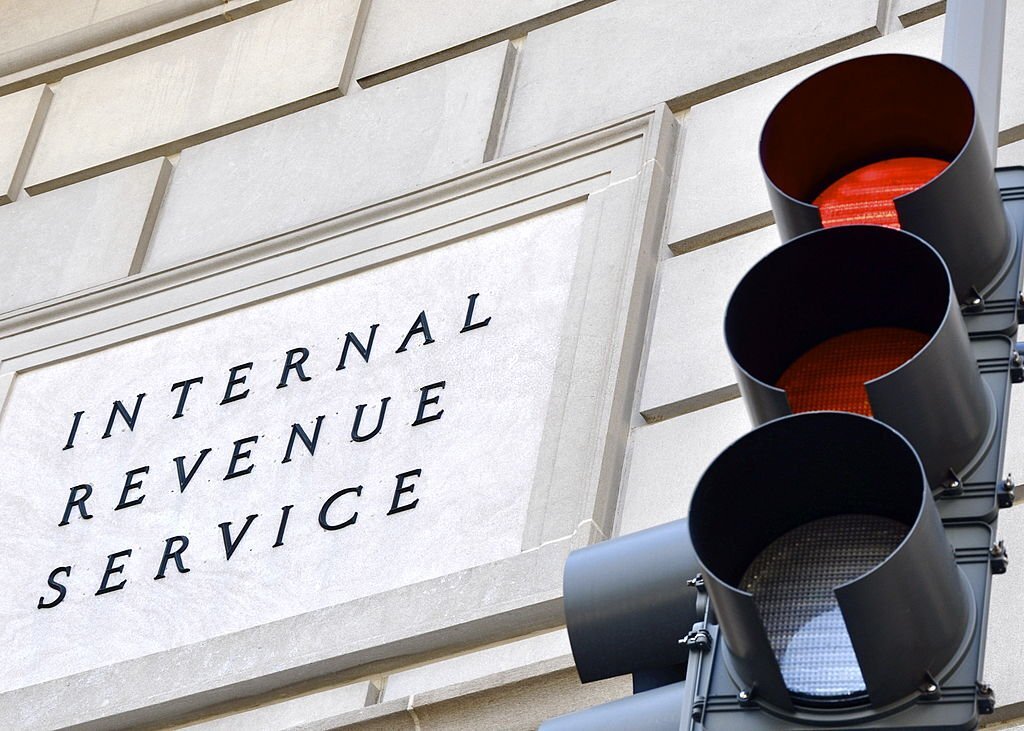More than three-fourths (77%) of tax professionals believe AI technology can be applied to their work, and more than half (56%) of in-house corporate tax teams think their external tax advisers’ firms should be using AI, shows a new report by Thomson Reuters.
Thomson Reuters 2024 Generative AI in Professional Services report shows views towards AI among tax professionals have shifted significantly in the last twelve months. An overwhelming 60% of corporate tax professionals now believe Gen AI should be applied to their industry work – an increase of an eighth from 53% of respondents in 2023.
The report reveals that more than half of tax professionals say they are already using or intend to use open-source Gen AI tools such as ChatGPT for their own work, but industry-specific tools are predicted to shortly outpace such public tools to help minimise risk for businesses, says Ray Grove, Head of Corporate Tax and Trade at Thomson Reuters: “Information produced by off-the-shelf Gen AI tools could be dated or inaccurate, which could lead to the phenomenon of ‘hallucinations’ in the large language model results. To realise the efficiency gains Gen AI can deliver, tax leaders need tools that can provide reliable information that is drawn from trusted sources.”
Grove adds: “Tools built specifically for industry use cases will support tasks such as spotting accounting irregularities and tax return preparation, and risk assessment and reporting. The use of such tools is not yet widespread, but tax leaders are increasingly recognising the immense value the technology offers both to boost internal productivity and deliver a competitive edge.”
Majority of tax and accounting firms now plan to use AI
Moving beyond the debate over whether to embrace AI tools, many tax departments are now considering how to introduce AI tools to their organisation. This is particularly true in the in-house tax teams within corporates, where ‘considerations whether to use AI’ have increased from 21% in 2023 to 34% in 2024, and those with ‘no plans to use’ dropped from 73% in 2023 to 48% in 2024.
Tax industry respondents cited increased productivity, streamlined work processes, and improved quality and accuracy of work as the primary benefits of AI for their industry. The top five intended uses for AI in tax firms are accounting and bookkeeping, tax research, tax return preparation, tax advisory, and document review. Corporate tax teams additionally plan to use AI to support with compliance activity.
Thomson Reuters recently announced Checkpoint Edge with CoCounsel, its first Gen AI product for tax professionals that delivers better, faster answers to complex tax research questions. The enhanced solution features Thomson Reuters GenAI assistant – CoCounsel – as well as an AI-Assisted Research skill. Drawing on Thomson Reuters verified and trusted content, it boosts efficiency for seasoned researchers and enables inexperienced researchers to work with reduced supervision.
AI’s impact on jobs and rates yet to be seen
Demand for talent with AI skills has risen significantly with the rise of Gen AI tools offering significant boosts to productivity and efficiency in the workplace. However, over half (51%) of tax professionals see AI as either a minimal threat, or no threat at all to jobs in their industry.
“There is a growing understanding among tax professionals that rather than posing a threat to jobs, AI tools will free up time for tax professionals to focus on the tasks that only humans can do. Checkpoint Edge with CoCounsel is an example of how GenAI can help professionals get trusted answers to complex research questions in record time, increasing efficiency in what has historically been a labour-intensive process,” adds Grove.
Thanks for reading CPA Practice Advisor!
Subscribe Already registered? Log In
Need more information? Read the FAQs




